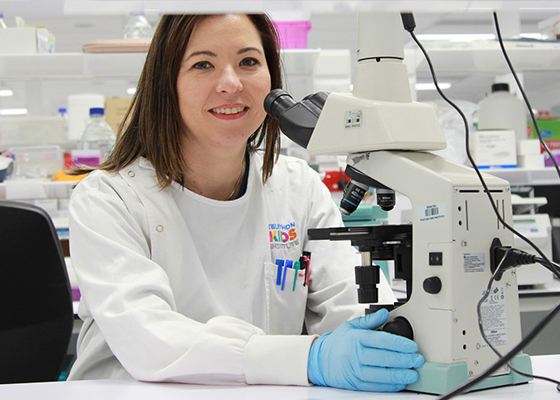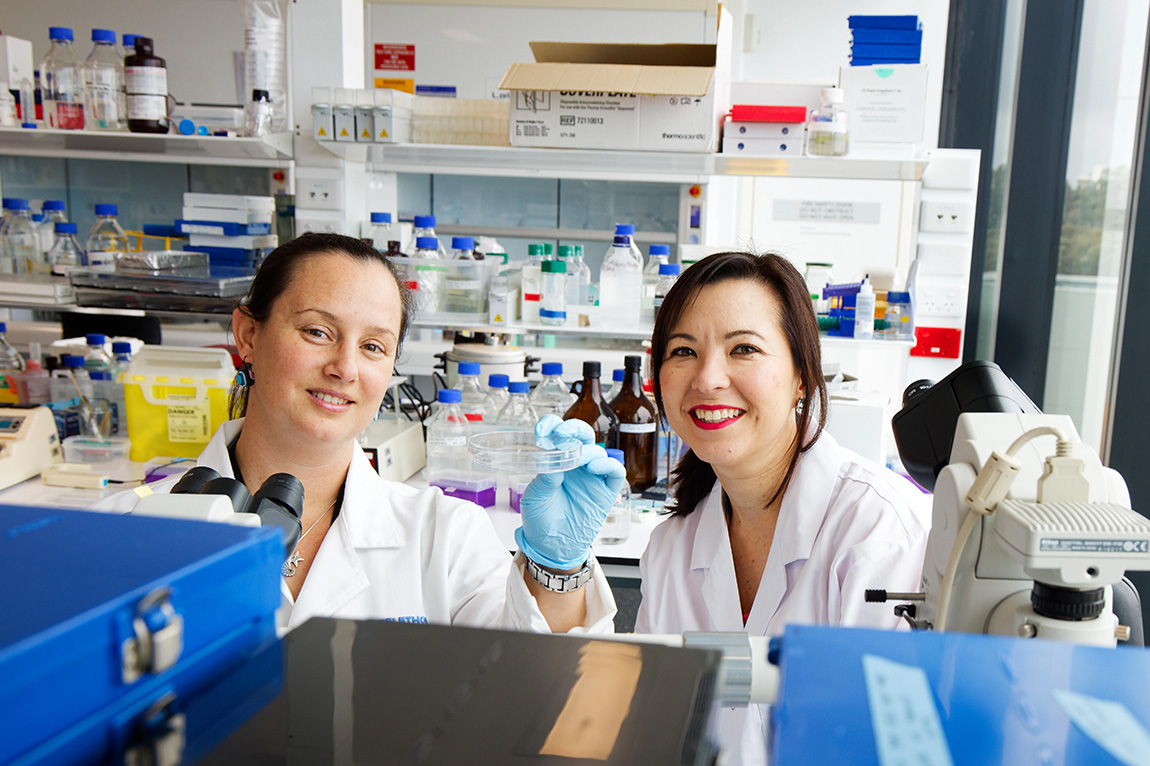Search
Research
Physical and mental health in mothers of children with Down syndrome.Physical and mental health in mothers of children with Down syndrome.
Research
The recruitment and retention of Speech and Language Therapists: What do university students find important?The increasing need for speech and language therapy (SLT) services, coupled with poor employment retention rates, poses serious cost-benefit considerations.
Research
Perinatal risk factors for childhood Type 1 diabetes in Western Australia - a population-based study (1980-2002)To investigate perinatal risk factors for childhood Type 1 diabetes in Western Australia, using a complete population-based cohort.
Research
Infection is the major component of the disease burden in Aboriginal and non-Aboriginal Australian children: a population-based studyInfection accounts for the majority of pediatric mortality and morbidity in developing countries, but there are limited data on the infectious diseases...
Research
Predictors of scoliosis in Rett syndromeScoliosis is a common clinical manifestation of Rett syndrome, a neurodevelopmental disorder that almost exclusively affects girls.

We identify, develop and commercialise the technologies and innovations developed by our scientists and clinicians.

Research Theme
Chronic DiseasesDedicated to preventing and managing chronic conditions in children, such as respiratory disease, diabetes, and cancer. This theme focuses on research to reduce the long-term impact of these conditions on quality of life and healthcare systems.
Research
A Database of the Complications of Obesity in ChildrenThe Obesity Database records the characteristics and medical complications of children with obesity who present to treatment at Princess Margaret Hospital
Research
Oral Insulin TrialTo see if giving insulin by mouth (in a capsule) will delay or prevent T1DM in people at increased risk of developing diabetes.
Research
Feasibility of 24-hour hybrid closed loop insulin delivery in free living conditionsThe aim of this study is to see if the Medtronic hybrid closed loop system, a portable artificial pancreas is feasibly to use in the home.
